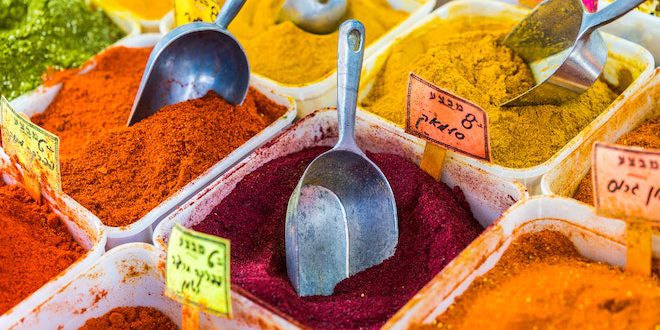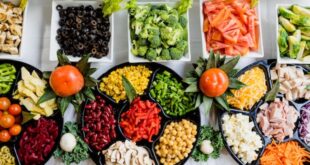Last Updated on March 1, 2023
These days, many people want to use the very best ingredients in the kitchen, from farm-fresh proteins and vegetables to organically sourced coffee beans. Why stop there? Spices are meant to enhance the meals you cook, the desserts you bake, and the cocktails you make. When you’re conscious of the other ingredients you’re putting in your body, you’ll want to ensure that you’re using the very best spices too. Finding ethically sourced spices shouldn’t be difficult. This guide will help you shop for ethically sourced spices you can use in your kitchen. Keep reading to find out how to tell if your spices are ethically sourced.
Conventional spices vs. Fair Trade spices
View this post on Instagram
Typically, spices are purchased through indirect trade and go through several distributors, exporters, and importers. This process means more people take a share of the profits, leaving the farmers who originally harvested the spices with little to nothing. What’s more, there’s also little regulation over the quality of the spices being sold conventionally.
Direct or fair trade spices mean the product comes directly from the farmers. This process aims to combat the pitfalls of the traditional supply chain where the farmer sees very little profit.
In most cases, companies that offer Fair Trade spices have a good relationship with their farmers. These relationships help ensure the spices are of a high-quality and fresh.
Additionally, Fair Trade does more than get you the best product — it ensures the spices are ethically sourced without child labor or otherwise exploitative sourcing. Fair Trade also ensures farmers are paid a living wage.
What to look for when buying sustainable, ethically sourced spices
View this post on Instagram
If you’re in the market for ethically sourced spices, there are a few things to pay attention to. When shopping for sustainable spices, look for:
- Single-origin — This means the spice being sold was only sourced from one place (it could be one farm or one region).
- Organic — Spices that are certified organic are grown in a way that adheres to the USDA Organic standards. Note that organic doesn’t necessarily mean the spices were sourced ethically.
- Sourcing — Sustainable, ethical spices will come from a company that directly sources products from the regions to which a spice is indigenous. Make sure you research the brand to understand its sourcing before you buy.
- Limited offerings — Most of the time, sustainable spice companies have very little in the way of offerings. That’s because it’s more challenging to import sustainable spices from multiple regions. Instead, ethical brands tend to work with one specific region.
- Fair Trade label — When shopping in a regular grocery store, look for spices marked with a Fair Trade sticker. This sticker ensures the spice was grown under fair working conditions and purchased directly from farmers for a fair price. Note that the USDA Organic label means the spice meets US governmental criteria for their growing practices, including limited pesticide use and no GMOs.
- Shop online for sustainable spices — This can be a bit pricier, but shopping online for ethically sourced spices is one of the easiest ways to find what you’re looking for, especially because you can research and shop at the same time.
- Check with local farmers — Find sustainable spices at your local farmer’s market to get the product directly from the source! Similarly, you can purchase your own sustainable spices and maintain them in your home garden with ease.
Once you know what to look for, finding sustainable spices is easy. And you’re not only making something delicious with the products you buy, but you’re also ensuring that the farmers responsible for growing these spices are being paid a fair wage and involved in the process. Try ethically sourced spices in your next dish.
 Travel for Food Hub The Food Blog for Travel Lovers
Travel for Food Hub The Food Blog for Travel Lovers
















